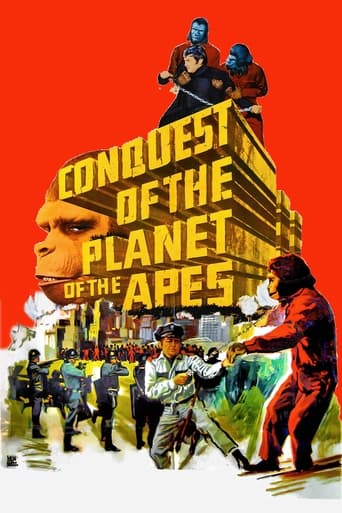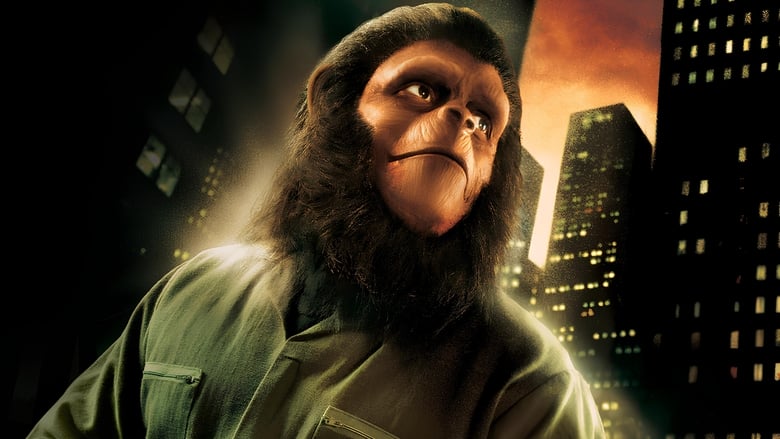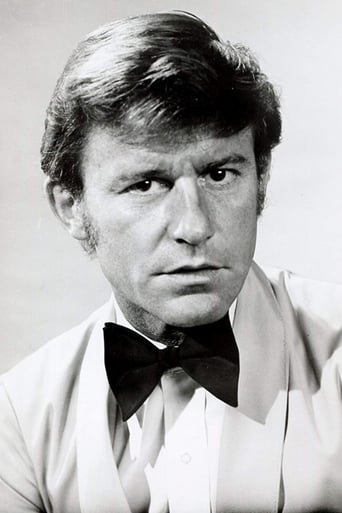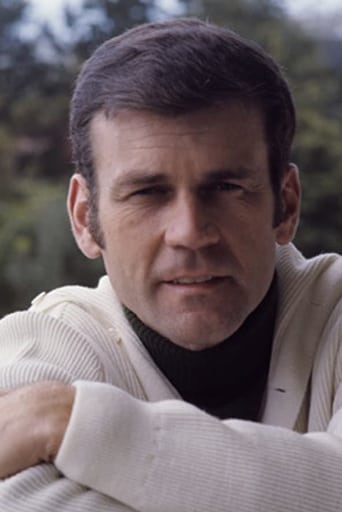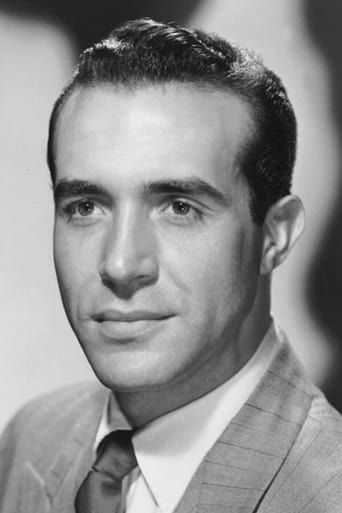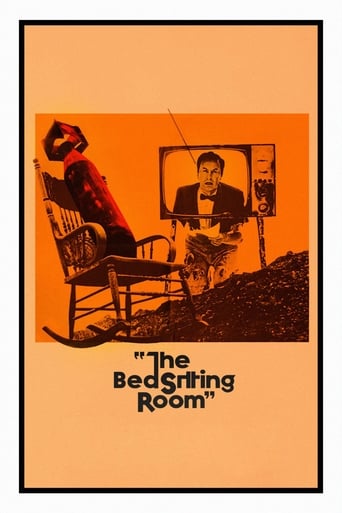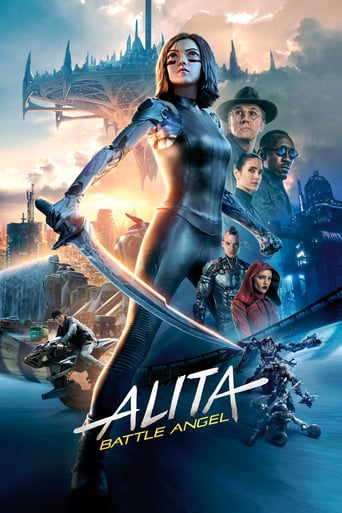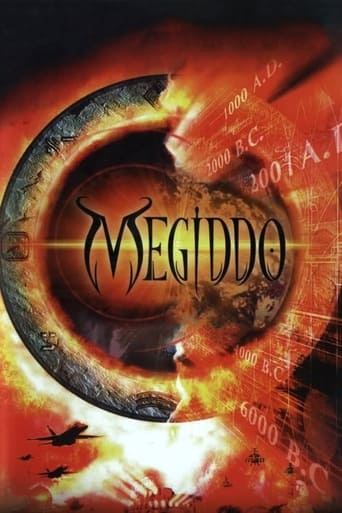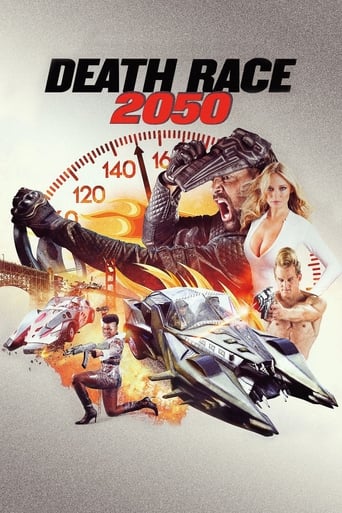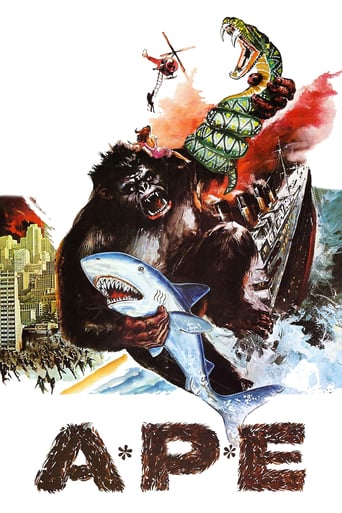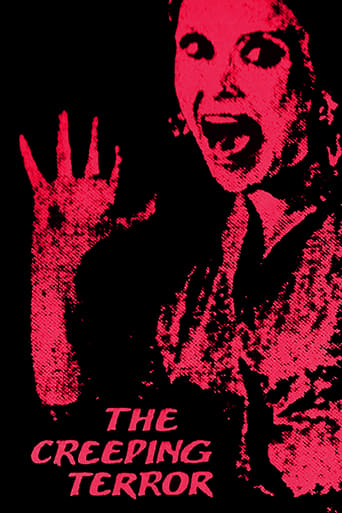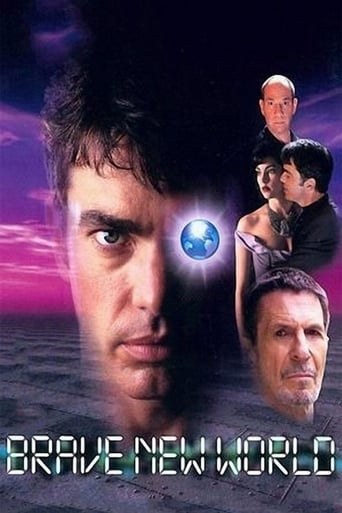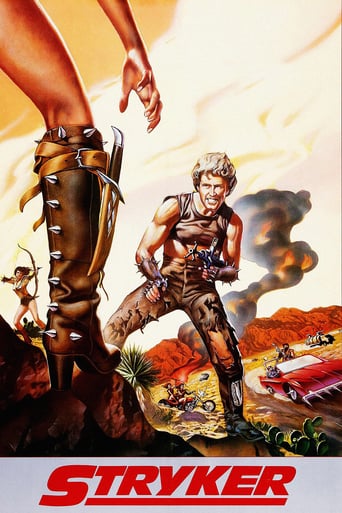Conquest of the Planet of the Apes (1972)

In a futuristic world that has embraced ape slavery, a chimpanzee named Caesar resurfaces after almost twenty years of hiding from the authorities, and prepares for a revolt against humanity.
Watch Trailer
Cast


Similar titles
Reviews
I watched this film out of sequence, not having seen "Escape From the Planet of the Apes" just yet. It didn't take long to get up to speed after reading up a bit on the prior movie, but even so, if you think about the premise of the film, it's a lot like the Terminator series - it just couldn't possibly have happened. If Cornelius and Zira had traveled to the past from the future, they couldn't have existed in the future for the original film of the series, or it's first sequel. Better not to think about it too much.One thing's probably true though, it must have been a lot of fun for the actors in the ape outfits to essentially go ape in the story. When the rioting started, it was cool to see Roddy McDowall's Caesar character leading the charge. However it was kind of startling to see how vicious he became before he calmed down long enough to proclaim a semblance of reason to prophesy the film that started the series - "We, who are not human, can afford to be humane." As popular as the films became in the Seventies, I think that for maximum impact, one needs only see the first two films before the series got watered down with the time loop aspect of the third and fourth sequel.
The problem with these Planet of the Apes sequels seems to be that they get too ambitious or hasty with their stories. In the third film it worked because of great actors and because it actually flowed well with the original film. In this case the story flows well with the original, but not at all with the previous two.What do I mean by that? Well, the events of the second film paved the way for the third film which was supposed to work as a prequel to the original, in its own way. And thus this film is trying to bridge the gap between the third and the original. Explain how the planet of the apes came to be. The only problem is that it insists on using the characters from the third film, and that simply doesn't work timeline-wise. The world has changed a lot between the two movies and not in a realistic manner. It like a magician snapped his fingers and suddenly the world was abruptly changed in the blink of an eye.Not helping the matters is that the film doesn't quite have the scope, the talent or the budget to pull of the story it wants to tell. It has a big climax, but you don't buy it as well as you should.Still, the characters are nice, especially Caesar, played by Roddy McDowall, who also played Caesar's father Cornelius in two of the previous films. It's shame that they couldn't work Kim Hunter back in some way, but McDowall is nice as well.Still, if you've liked the films so far, I don't think you should stop at this point. It's nowhere near as good as the original, or even the third one, but it's worth watching in order to get the full experience.
Conquest of the Planet of the Apes is the fourth of the Apes series. It is my third favorite of the films and a pretty dark and entertaining film.Armando takes Caesar to the city where Caesar witnesses how humans mistreat apes. Caesar curses at a few humans who torture a chimpanzee and Armando takes the blame for it since any ape who can talk would be known to be the offspring of Zira and Cornelius. Eventually Caesar starts to lead a ape rebellion.I like the story and tone of this film. It is set in a cold dark setting so that makes you want to root for Caesar. It is definitely the darkest of the first five ape films and has a lot of parts that might disturb younger audiences. I kind of like how dark it is, I always was a fan of darker films sometimes.Another thing this film has going for it is that Roddy McDowall returns to play Caesar this time. Its cool that he plays Caesar as he also played Cornelius so he is playing his own son. He gives one of his best performances in this film, maybe his best from the apes series. Roddy is always great in these films.Supporting characters are OK. I liked Mcdonalds character as he sympathizes with the apes. Also Ricardo Montalbon is great again as Armando. The rest of the characters are OK. Nothing too special.Towards the end this film has some good action packed scenes. But they really lead up to it and build suspense as you see the apes start rebelling and smuggling weapons.A few complaints. Some of the apes in the background clearly are just wearing masks. Caesar and the main apes look great, but not all of them do. That was probably due to budget restraints though. Also like I said before there are some pretty dark parts that show apes being tortured so I don't think this is the most kid friendly ape film. Its not the worst thing out there, but from the first five it definitely has the most disturbing scenes with torture.Overall I really liked this film. It is dark and that makes it stand out. Roddy McDowall is also great. I recommend it.
In 1961, writer Rod Sterling was asked "what he'd most like to write about next?" He responded: "I'd like to do a definitive study of segregation, from the Negro's point of view." Several years later Sterling would write "Planet of the Apes", soon turned into a 1968 film by Franklin Schaffner. A giant "what if the shoe were on the other foot?" parable, the film finds a chauvinistic American astronaut (Charlton Heston) stranded on a planet ruled by apes. Here he's forced to experience racial discrimination of a type once reserved for blacks.Much of "Planet of the Apes" consisted of a hierarchical society of monkeys, apes and gorillas enslaving and persecuting white humans, actions which they justify along bio-genetic lines. Ironically, though it was intended to show support for African Americans, "Planet" came under attack from activists and black leaders. The film, some argued, re-inscribed racial conflict as species conflict (black/monkey vs white/human), and hinged on physical difference as the point of struggle. The film also played into issues of skin-colour hierarchy, making lighter apes more intelligent than their darker, more uncivilised counterparts. Others would argue that the film endorsed various racist "interpretations" of biological evolution; the belief that Africans are "closer to animal than man", and that primates occupy the border zones between mythic poles. In this view, apes and Africans are liminal creatures, simultaneously like and unlike human beings, located between nature and civilisation, origin and destination. These contradictions have led to the film being labelled either well-meaning or reactionary, pandering to white fears of black uprisings and loss of racial dominance. This, after all, was a period of time in which some believed that black liberation struggles would threaten the security of white racial hegemony.Regardless, Charlton Heston is fittingly cast as our "white hero". Heston made a career starring in epics in which Western and non-Western interests collide. In "Gunfighter Nation: The myth of the frontier in 20th century America", for example, cultural historian Richard Slotkin states that the typical Heston character was a "hard and self-willed White male hero", an ultra conservative "who stands for the highest values of civilisation and progress but who is typically besieged from without by non-white savages who greatly outnumber him and beset from within by the decadence, corruption and softness of his own society". Indeed, in the sixties Heston seemed to be perpetually fighting to defend an outpost on the margins of Western civilisation from barbaric onslaughts (The Naked Jungle, El City, 55 Days at Peking, Khartoum etc)."Planet of the Apes" was brilliantly directed by Franklin J. Schaffner, who treats us to some wonderful widescreen photography and a couple fine action sequences. Its sequel was "Beneath the Planet of the Apes", directed by Ted Post. Filled with apocalyptic imagery (lots of radiation, nuclear war, disease), the film portrayed its society of apes, the winners in a war between monkey and man, as having become as classist, racist, warmongering and destructive as white humans. Rod Sterling's metaphors are henceforth complicated; both the white man and ape at different points of the franchise's time-line represent both white hegemony and persecuted blacks. Apes, we then learn, were once slaves to humans, just as humans are now slaves to apes. The first two films in the franchise also hinge on a big secret: the ape society is covering up the fact that human civilisation existed before ape civilisations and that apes are "descended" from humans. The implication, depending how literally you regard the film's dubious ape/minority metaphors and reversals, is that whites shamefully regard themselves as having "evolved" from blacks.The next film in the franchise, "Escape from the Planet of the Apes" sees a group of intellectual apes travelling back in time. They arrive on Earth, where they are abused by a paranoid military industrial complex which kills them all, except for one ape child, Caesar.J. Lee Thompson's "Conquest of the Planet of the Apes" followed. The best sequel in the franchise, the film sees a now adult Caesar leading a revolution (based on the Watts race riots) against a humanity which is attempting to turn apes into slaves. Significantly, Caesar's army of apes learns to talk. Their first word is "no", a command which refers to the apes' abhorrence of weapons and violence. Next came "Battle for the Planet of the Apes", again directed by Thompson. Here, within a post-nuclear society, an ageing Caesar struggles to combat ape factions which want to wipe out all of humanity. Caesar, in contrast, fights for peaceful coexistence. Caesar wins, leading to a long period of peace between man and monkey.So each ape film film is built around the conflict between a racially dominant oppressive group and a racially subordinate oppressed group seeking survival, harmony or reversal of domination. Each film also presents mediating figures – typically marginalised and at odds with the oppressing group - who intervene in the conflict, challenge systems and act as advocates of harmony. The advocates of peace rarely prevail and hostility always results in apocalyptic violence.The ape franchise would be rebooted in 2011 with "Rise of the Planet of the Apes". A post-racial film, "Rise's" cast is filled with a cocktail of African Americans, whites and Indo-Americans. For the first time in the franchise, metaphor is replaced by literalism. Here, "literal apes" are "literally rebelling" against the "literal animal cruelty" (chemical testing) directed against them by "literal scientists". Typically (mis?)read in light of post-financial crisis protests, the film ends with apes, led by Caesar, escaping their cages for the trees of local forests. Here, segregation is "in everyone's best interest" and Caesar concludes that separation is "natural". The apes, now free, have returned to their correct, natural and separate place. For now.8/10 - Worth two viewings.

